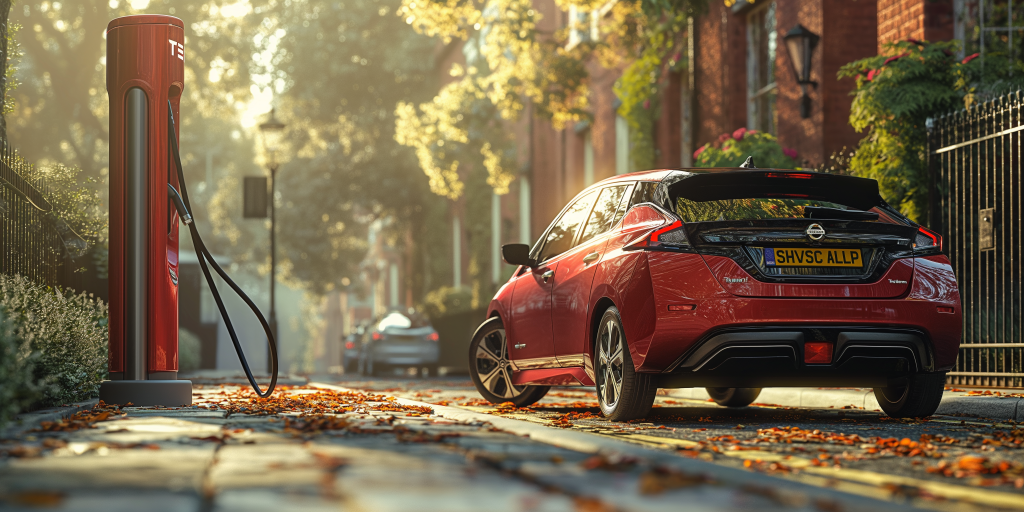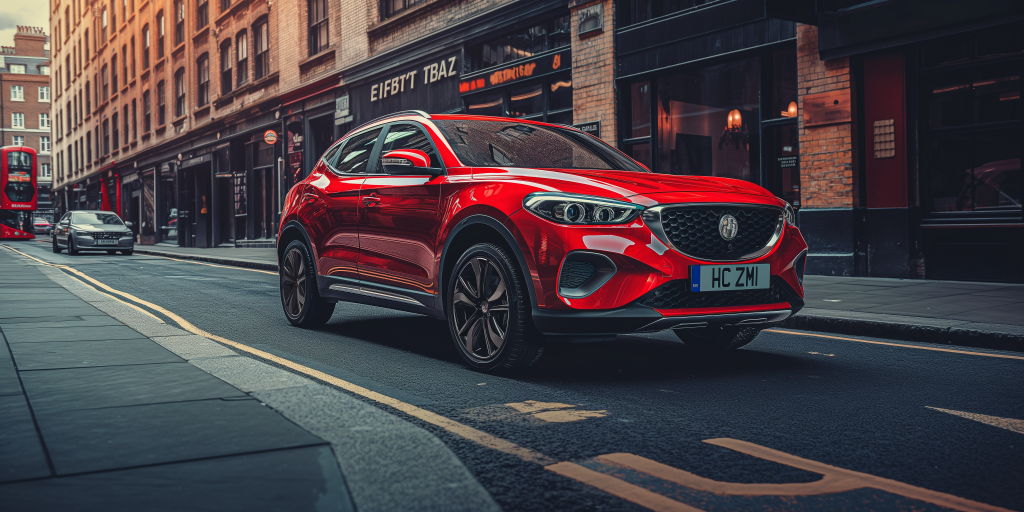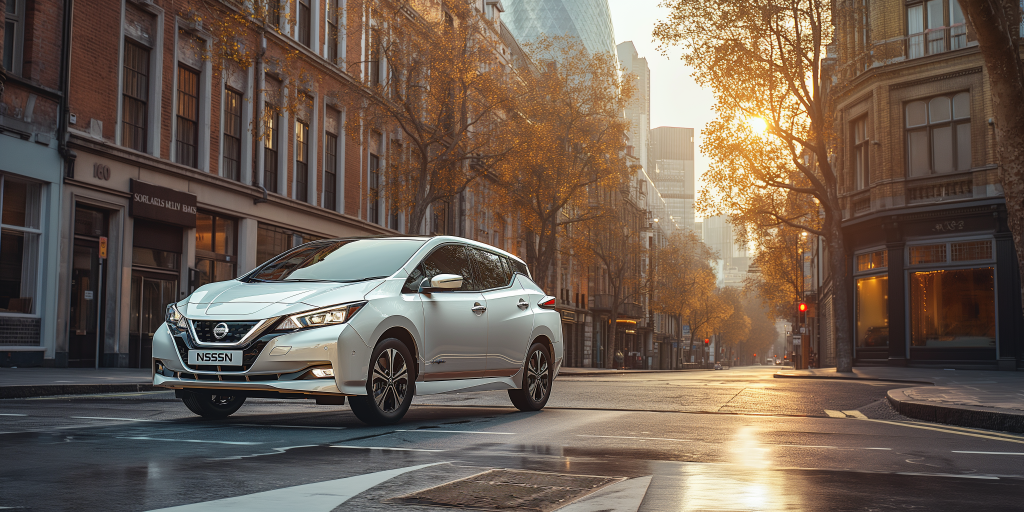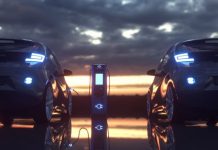Introduction to Electric Cars
Electric cars (EVs) are revolutionising the automotive industry, offering an eco-friendly alternative to traditional petrol and diesel vehicles. These cars are powered entirely by electricity, making them cleaner and more efficient. EVs have gained significant popularity in recent years due to their numerous benefits, such as lower running costs, reduced emissions, and quieter rides.
Why Consider Electric Cars Priced at £30,000?
Regarding affordability, electric cars priced at £30,000 make EVs accessible to a broader audience. This price range offers great value, as modern EVs have impressive features and performance capabilities. Additionally, the UK government provides various grants and incentives for purchasing electric cars, further reducing the overall cost and making them an even more attractive option.
Key Features to Look for in Budget EVs
Range
The range of an electric car refers to how far it can travel on a single charge. This is crucial, as it determines the car’s practicality for your daily commute and longer trips. For budget EVs, look for a range that comfortably covers your regular driving needs without requiring frequent recharges.
Charging Time
Charging time is another important aspect to consider. While some EVs offer rapid charging capabilities, allowing you to top up the battery quickly, others may take longer to charge fully. Evaluate your charging options at home and in public to ensure your chosen car fits your lifestyle.
Performance
Performance in electric cars encompasses acceleration, top speed, and handling. Many budget EVs offer impressive acceleration and smooth driving experiences thanks to their electric motors’ instant torque. These factors can help you find a car that meets your expectations for city and highway driving.
Technology and Comfort
Modern electric cars come equipped with advanced technology and comfort features. Infotainment systems, connectivity options, and comfortable interiors can enhance your driving experience. Look for budget EVs with a good balance of these features to make your drives enjoyable.
Top Electric Cars Priced at £30,000 in the UK
Nissan Leaf
The Nissan Leaf has pioneered the electric vehicle market and remains a popular choice among budget-conscious buyers. Known for its reliability and decent range, the Leaf offers a range of up to 168 miles on a single charge. It comes with a comfortable interior, advanced safety features, and a user-friendly infotainment system. The Leaf’s practicality and affordability make it an excellent option for those transitioning to electric driving.
Renault Zoe
The Renault Zoe stands out with its impressive range of up to 245 miles, making it one of the best in its price range. This compact hatchback offers a stylish design, a comfortable cabin, and advanced technology features. The Zoe’s long-range and affordability make it an attractive choice for those who need a versatile and efficient city car.
MG ZS EV
The MG ZS EV is a compact SUV that combines practicality with affordability. With a range of around 163 miles, it offers a spacious interior, making it ideal for families. The ZS EV comes with many standard features, including advanced safety systems and a user-friendly infotainment system. Its competitive pricing and practicality make it a strong contender in the budget EV market.
Peugeot e-208
The Peugeot e-208 is a stylish and dynamic electric hatchback with a range of up to 217 miles. Known for its sleek design and excellent driving dynamics, the e-208 offers a fun and engaging driving experience. The car has a modern interior, advanced technology, and a range of safety features. Its style, performance, and affordability blend make it a popular choice among budget EV buyers.
Vauxhall Corsa-e
The Vauxhall Corsa-e shares many similarities with the Peugeot e-208, offering a range of around 209 miles. It features a user-friendly interface, a comfortable cabin, and a range of advanced safety and connectivity options. The Corsa-e’s practical design and impressive range make it an excellent option for a reliable and affordable electric car.
Charging Infrastructure in the UK
Home Charging
Installing a home charging point can be a convenient and cost-effective way to charge your electric car. Home chargers typically offer faster charging times than standard household sockets and can be scheduled during off-peak hours to save on electricity costs. Many energy providers offer special tariffs for EV owners, reducing charging expenses.
Public Charging
The UK has a growing network of public charging stations, including rapid chargers that can significantly reduce charging times. These stations are available at various locations, such as supermarkets, car parks, and motorway service areas. It’s important to familiarise yourself with the public charging network in your area and plan your journeys accordingly.
Costs
When considering the cost of charging an electric car, it’s essential to factor in both home and public charging expenses. Home charging is generally cheaper, especially if you take advantage of off-peak tariffs. Public charging costs can vary depending on the provider and the type of charger used. Some public chargers offer pay-as-you-go options, while others may require a subscription.
Financial Considerations
Initial Cost vs. Long-term Savings
While electric cars can be more expensive upfront than traditional petrol or diesel vehicles, they offer significant long-term savings. EVs have lower running costs due to cheaper electricity compared to fuel, reduced maintenance costs (as electric motors have fewer moving parts), and exemption from certain taxes and congestion charges.
Incentives and Grants
The UK government offers several incentives and grants to encourage the adoption of electric vehicles. The Plug-in Car Grant discounts the purchase price of eligible electric cars, and additional grants are available for installing home charging points. These incentives can significantly reduce the overall cost of EV purchasing and ownership.
Environmental Impact
Reduced Emissions
Electric cars produce zero tailpipe emissions, contributing to cleaner air and reduced pollution in urban areas. Switching to an EV can decrease your carbon footprint and create a healthier environment.
Sustainability
Many electric vehicle manufacturers are committed to sustainable production practices and recycling initiatives. For example, some manufacturers use recycled materials in their cars and have programs to recycle batteries at the end of their life cycle. Choosing an EV supports these sustainable practices and helps promote a greener future.
Future of Electric Vehicles
Technological Advancements
The electric vehicle industry is continuously evolving, with advancements in battery technology, range, and charging speed. Newer models are expected to offer even longer ranges and faster charging times, making EVs more convenient and practical for a broader audience.
Market Trends
The electric vehicle market is growing rapidly, with increasing availability of affordable EVs. As more manufacturers enter the market and competition increases, consumers can expect a wider range of options and improved features at lower prices. This trend will likely continue, making electric cars an increasingly attractive option for budget-conscious buyers.
Wrapping Up
Switching to an electric car is a step towards a more sustainable and cost-effective future. Considering range, charging time, performance, technology, and comfort, you can find the perfect electric car priced at £30,000 to suit your lifestyle and budget.
With the growing charging infrastructure, government incentives, and continuous advancements in EV technology, there’s never been a better time to embrace electric driving. Research thoroughly, take potential EVs for test drives, and enjoy the benefits of a cleaner and more efficient mode of transportation. Happy driving! 🚗













































